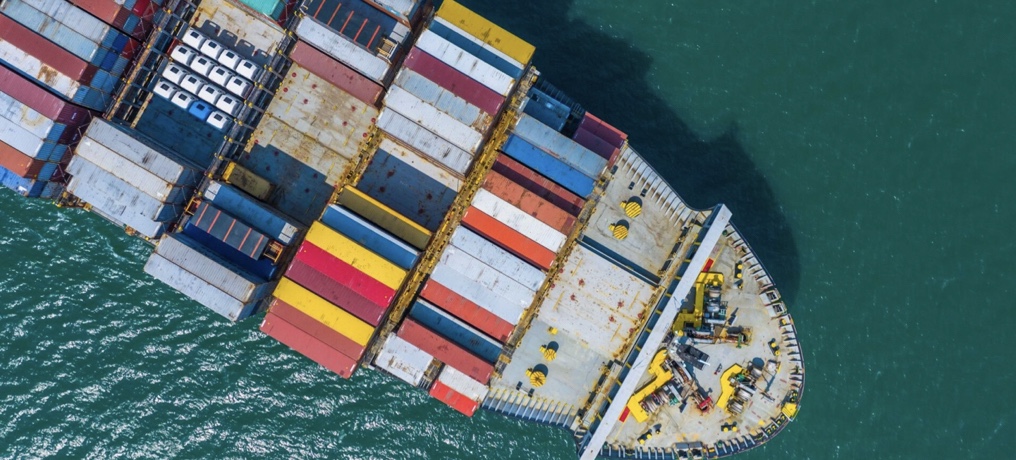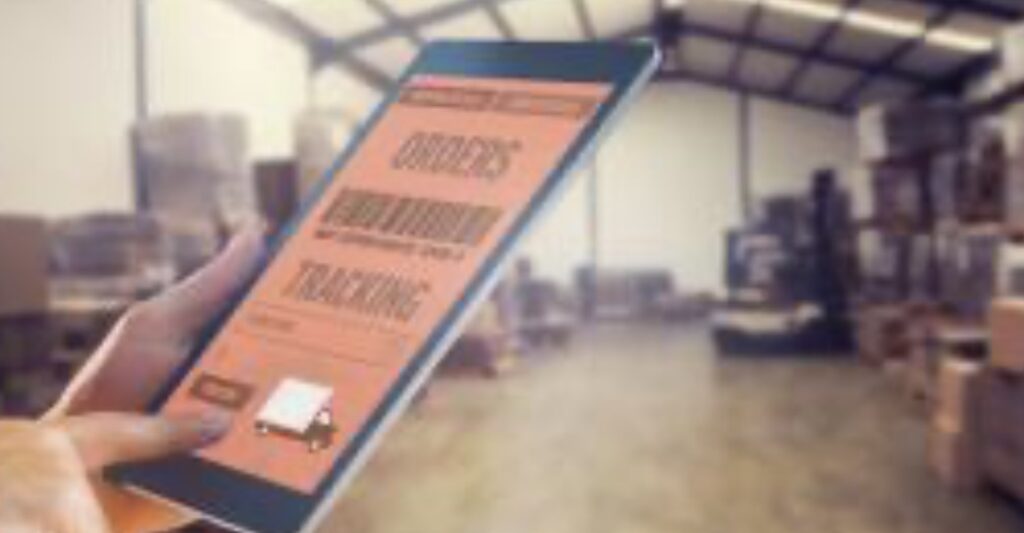Last month my SoMe platforms passed 300.000 viewersfor the first time ever. A landmark moment.
In January I had 301.244 visitors. I guess I can call myself an influencer now.

The areas I cover is really at the center of attention right now with a world in turbolence and change and with transformation of global trade. People seem to agree on that which these numbers are indicatkng.
I am grateful that so many people like to read about customs, borders and trade. I will continue to share my thoughts and insights on topics that I am passionate about. There is more news to come.
Thank you!
The Digital Container Shipping Association, a Dutch non-profit comprising nine big carriers including Maersk, MSC, Hapag-Lloyd and Yang Ming, has an agreement to standardize electronic bills of lading (eBL).
This initiative to implement a standardised electronic Bill of Lading will be a real help to manage transport and cross-border trade information. It is another example on how the industry is transforming and Global Trade 2.0 is energing.

Bills of lading are an important piece of the puzzle conferring title, confirmation of receipt, and terms & conditions for the cargo of a container ship. Unfortunately, only 1.2% of these documents were electronic in 2021.
“This is an important step in the journey towards creating a digital standard of one of the most cost heavy and troublesome components in the shipping industry. A fully digitised bill of lading enables a more seamless customer experience across the supply chain and in turn it will help democratise trade and reduce time and costs for all involved parties. The need for digitisation in logistics is urgent, and the industry needs to speed up the process.”
Vincent Clerc, CEO A.P. Moller – Maersk:
The process wasn’t exactly easy, and the pace somewhat stately (the goal is 100% compliance by 2030), but the message for supply chain leaders trying to solve problems like Scope 3 carbon accounting with industry cooperation is clear: go for it.
Source: Forbes
In 2022 we saw supply chain & customs visibility, not only being possible, but a prioritized demand from our customers. We saw customs advisory services evolve to Strategic Customs Planning, creating integrated solutions from origin to destination. Global Trade 2.0 is here.
Trusted Trade Lanes with visibility, digital data pipeline support & goods tracking are comlng – in fact they are already here.
Standards & harmonization accelerates digitalization.

The announcement at the end of last year that UNCEFACT has developed a new international standard for tracking of goods in complex supply chains is another example on the emerging Global Trade 2.0 paradigm.
In today’s globalized economy, goods move through complex supply chains and cross borders – often numerous times, which involves multifaceted interactions among a variety of suppliers and trade actors. The COVID-19 pandemic and the war in Ukraine have brought to light the challenges of supply chain disruptions.
”This new standard is a critically important step forward to support end-to-end monitoring of sustainable global supply chains,”
Sue Probert, Chairperson UN/CEFACT
Today, the granularity of tracking is primarily focused on the means of transport or transport equipment as trackable transport assets, in which the traded goods are placed (e.g. a good is tracked as part of the container, in which it is being shipped). It is often thought that if the location of the trackable transport asset is known, the information about the location of traded goods is included therein. However, this is not a one-to-one relationship. And, the relationship may vary over time, considering that goods may be consolidated, split, deconsolidated, or re-combined at waypoints during the transport journey.
Through its UN/CEFACT Track and Trace Standard for Multi-Modal Transport, UNECE helps to shed light on the key question of “where are my goods?” This question arises frequently, as goods move along multiple steps in supply chains between the seller and the buyer.
To read the article for UNECE, click here: UNCEFACT: a new international standard to improve tracking of goods across complex supply chains






You must be logged in to post a comment.